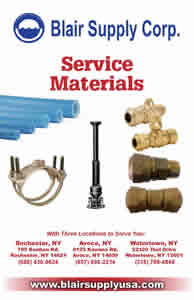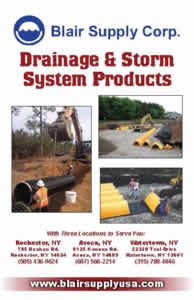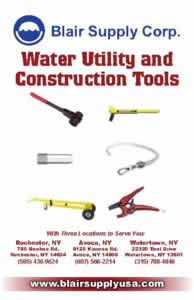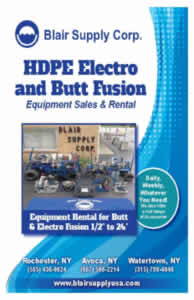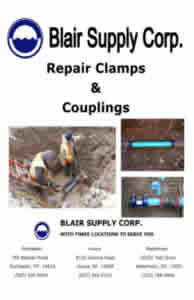Blog
Culverts 101: Important Details About Culverts
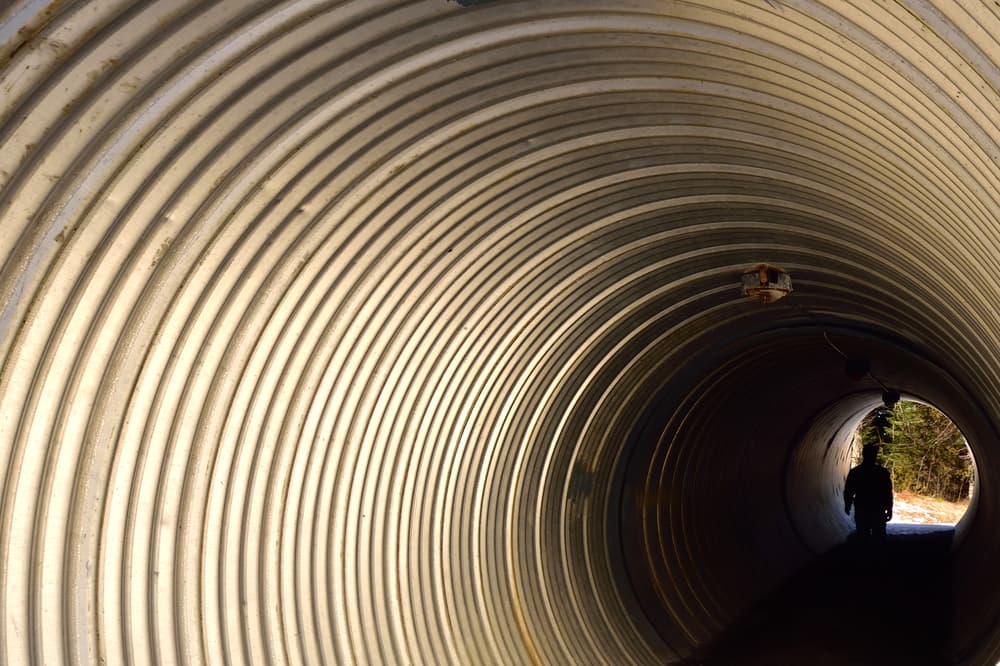
Culverts are not your regular pipes. If you’re not sure what type of culverts you need or you’d like to know more about them and their intricacies, you’re in the right place. This article will explain what culverts are, dissect their different shapes and sizes, and help you find high-quality culvert pipes in Rochester.
What are culverts?
Culverts are tunnel-like structures that can carry water and wastewater. They can be found under roads, railways, and soil. Their purpose is to limit and direct the waterflow to relieve drainage, prevent floods, and allow crossings over the waterway.
Sometimes, their purpose coincides with that of a bridge, but there are many differences. As they are different structures, they require a different and proper inspection to ensure they’re functional, performing well, and structurally adequate.
 What material are culverts made of?
What material are culverts made of?
One of the most important aspects of culverts is the material used for its construction. Here are a few options:
Steel
There are usually two main types:
- Structural steel plate (SPP): This material is very durable and provides excellent corrosion resistance. It’s used to construct metal box and arch culverts.
- Corrugated steel pipe (CSP): Pipe culverts are typically constructed from this material as it makes the pipe strong and flexible, which is important due to its round shape.
Concrete
Concrete is another common material used for culvert construction. It is strong and long-lasting. It also has a low environmental impact on its surroundings. Box culverts made of concrete are common in both urban and rural areas.
Aluminum
Typically made from structured plates, aluminum culverts are usually metal box culverts. Aside from being light, they provide excellent corrosion resistance and are recyclable.
High-density polyethylene (HDPE)
HDPE culverts are usually pipe culverts. This material makes them light, yet strong. They’re also weather-resistant, and impact-resistant. HDPE is not only long-lasting, but also easily molded into different shapes, so it’s a good choice for culvert construction.
What are the standard sizes for culverts?
The size of a culvert depends on many factors, such as the specific project, area, state regulations, etc. Usually, culverts come in 10, 12, and 20 feet lengths or they’re custom-made to fit the client’s requirements.
When it comes to the diameter, it can range from 6’’ to 96’’ and more. Again, as it should be safe, durable, and effective, a culvert should be constructed to fit the unique circumstances and requirements of each individual client.
What are the different shapes of culverts?
To fit the needed waterflow capacity, environment, and other conditions, culverts come in different shapes. They can be round, pear-shaped, elliptical, box-like, and flat-bottomed.
Their unique features make for different culvert types, such as the following:
- Pipe culvert
- Arch culvert
- Bridge culvert
- Pipe-arch culvert
- Box culvert
- Metal box culvert
Where can you get high-quality culvert pipes in Rochester & the nearby area?
When you need reliable and durable water and wastewater material and equipment, look no further than Blair Supply Corp. We have been a trusted supplier of culverts for over 60 years.
We follow the latest industry trends, work with dependable suppliers, and boast a team of qualified and experienced experts in their field.
Our company strives to innovate and keep improving our business to cater to different clients in Rochester and Watertown in the best possible way.
Give us a call, and we’ll be happy to answer all your questions about culverts and other equipment. Blair Supply Corp. is at your disposal from that initial call to the execution of your requested project. Reach out to us today and see for yourself why we’re the leading culvert distributor!

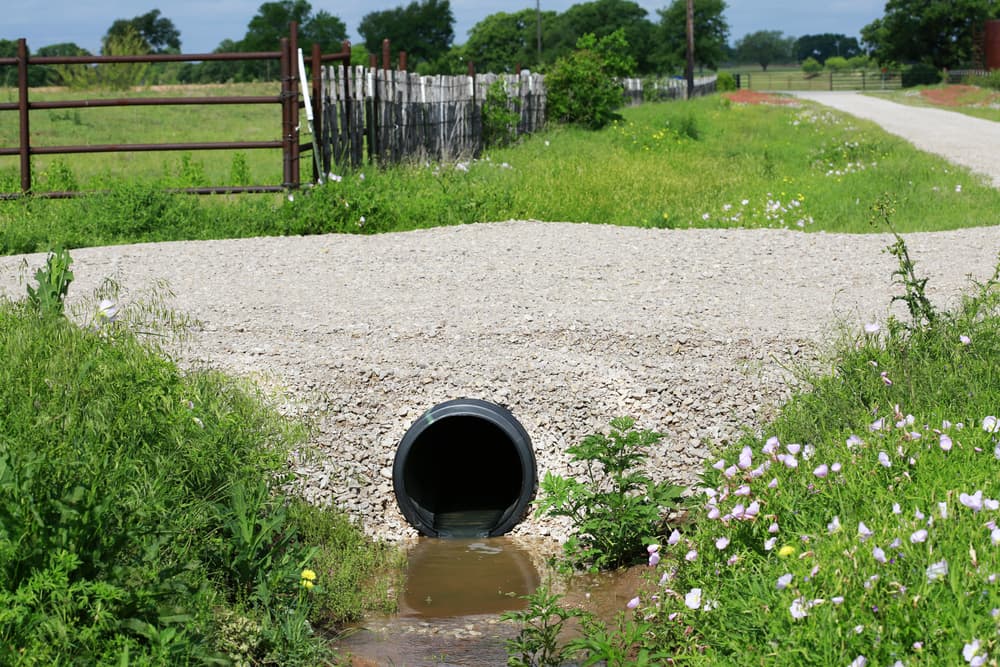 What material are culverts made of?
What material are culverts made of?